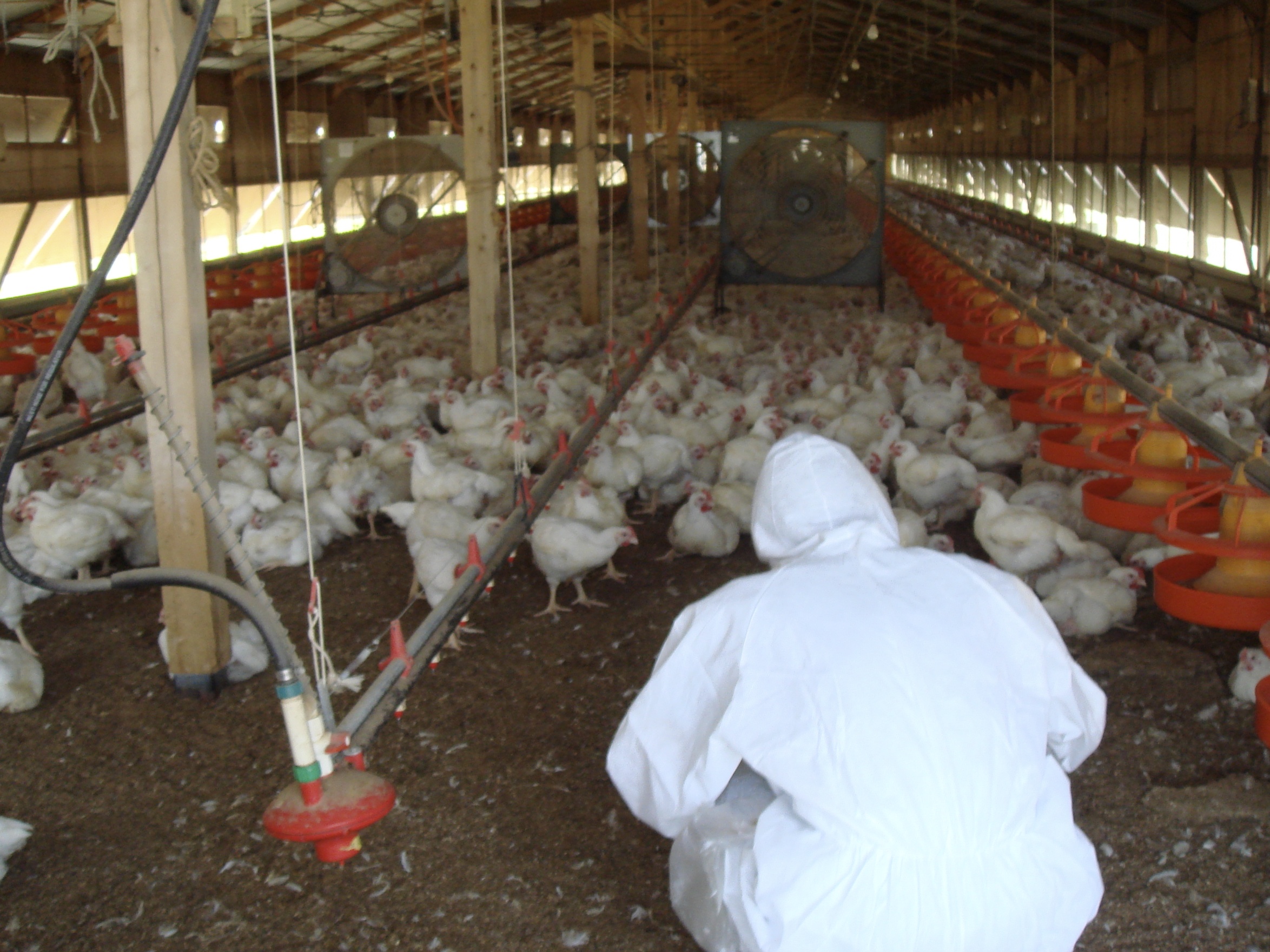OKAMURA Masashi Professor
ThemeElucidating host-specific pathogenesis and understanding pathogen-host co-evolution for control of infectious diseases
| Field | Microbiology, Infectious Diseases, Zoonoses, Molecular Bacteriology |
| Keyword | Salmonella, Genome, Host specificity, Chicken, Bovine, Horse |
Introduction
Salmonella are classified into as many as 2,700 serovars according to the combination their somatic and flagellar antigens. Many of the pathogenic serovars cause diarrhea and other gastrointestinal symptoms in a variety of animals (food poisoning in humans). On the other hand, only a few serotypes (less than 10) cause septicemia in specific animals, leading to death. However, the mechanism that causes this strong host-specific virulence has not yet been elucidated. We have identified 50 antigens that are expressed by serovar Gallinarum (fowl typhoid) in infected chickens. We have also used mutant strains lacking the genes encoding these antigens to elucidate how these genes are involved in the pathogenesis of fowl typhoid, and been attempting to identify the genes essential for host-specific virulence and lethality and the mechanisms involved, compared with those of serovar Typhimurium, which has been commonly used in studies of Salmonella. We are also currently working on serovars Dublin and Abortusequi, which infects cattle and horses, respectively, and hope to eventually update our overall understanding of the pathogenicity of Salmonella spp.
Through this research, we hope to unravel the history of the co-evolution of pathogenic bacteria and their host animals, and furthermore, to elucidate how zoonotic pathogens have become able to infect various animal species, thereby contributing to the development of control measures for human and animal infectious diseases.
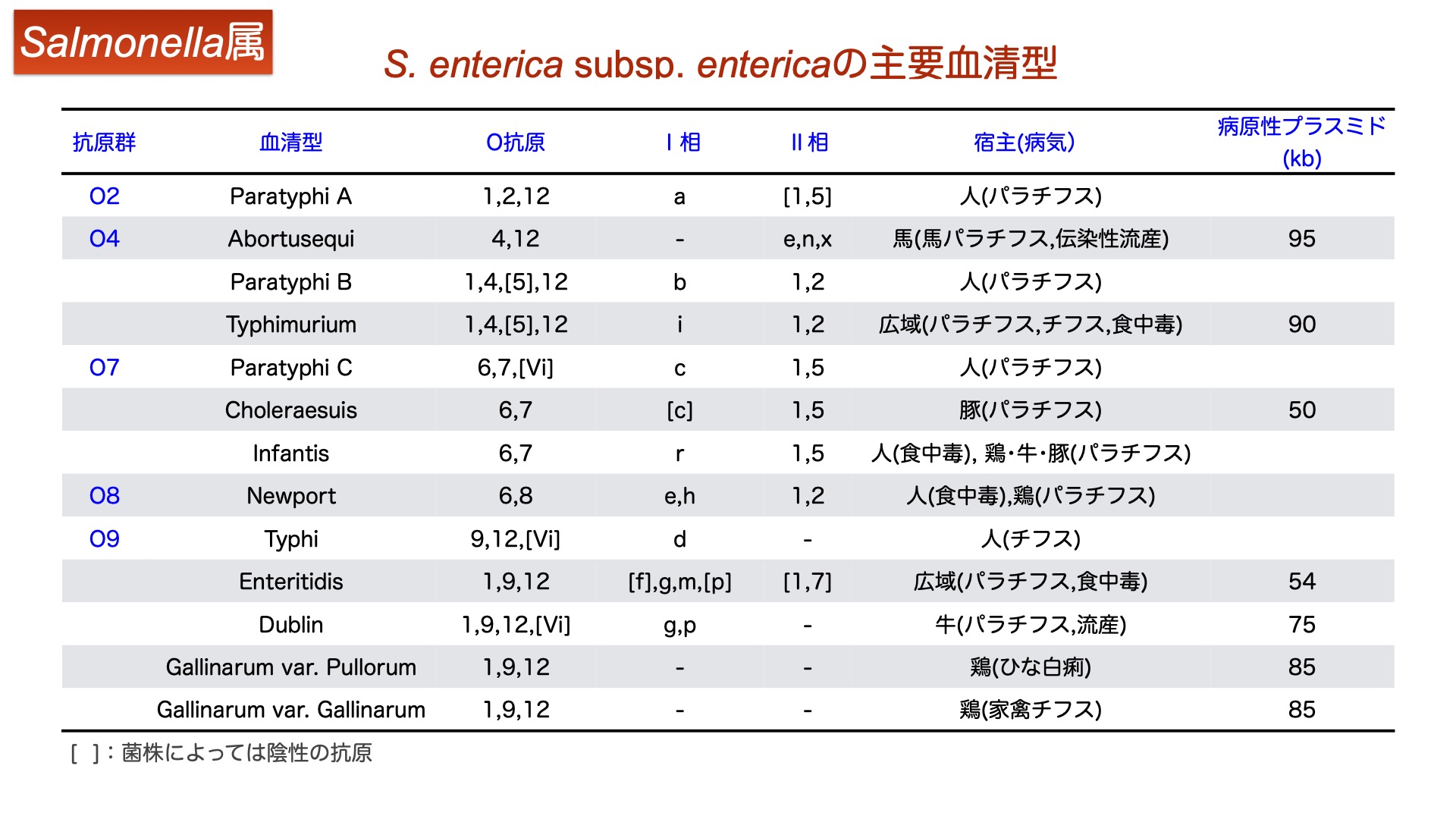
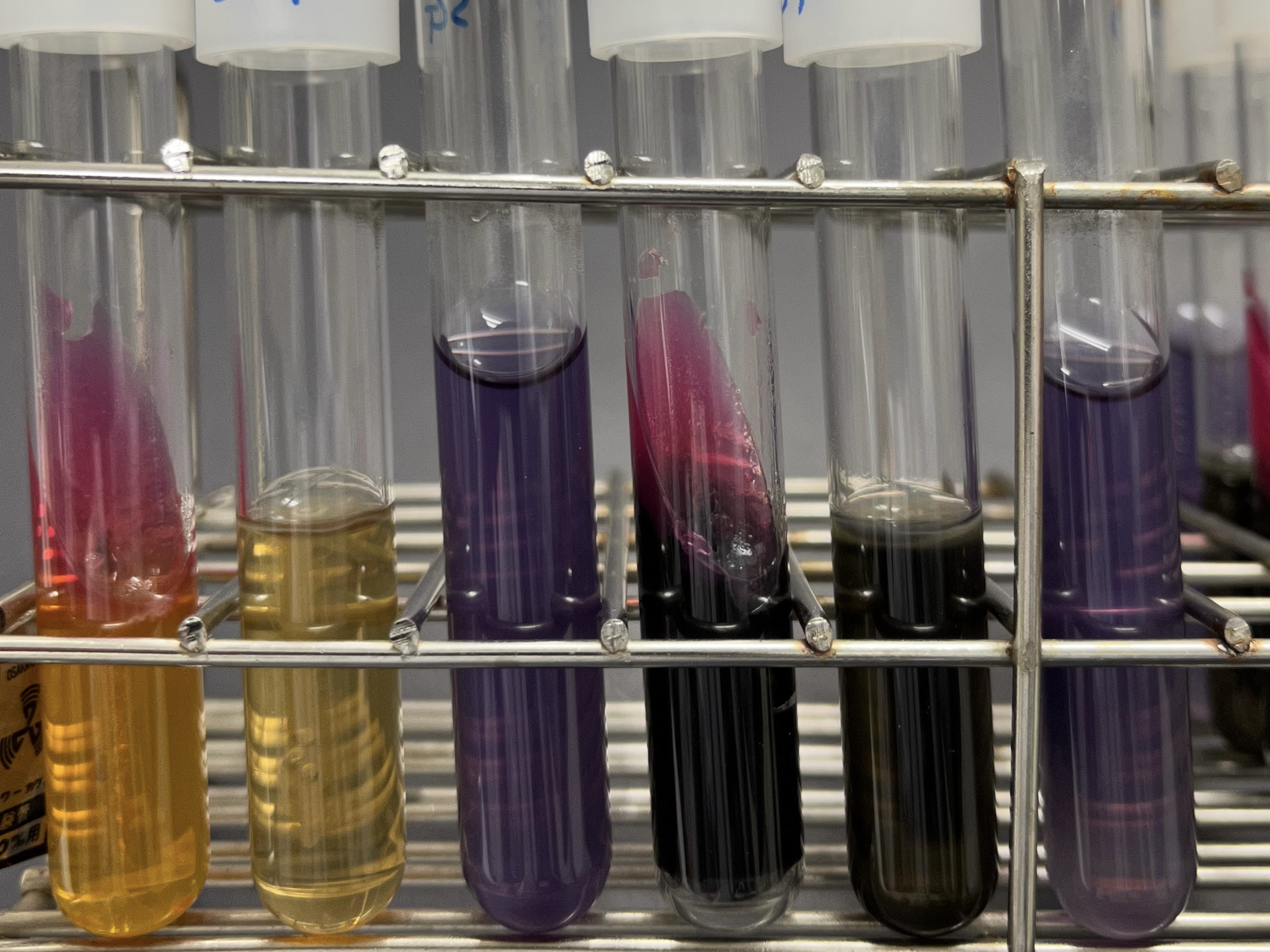
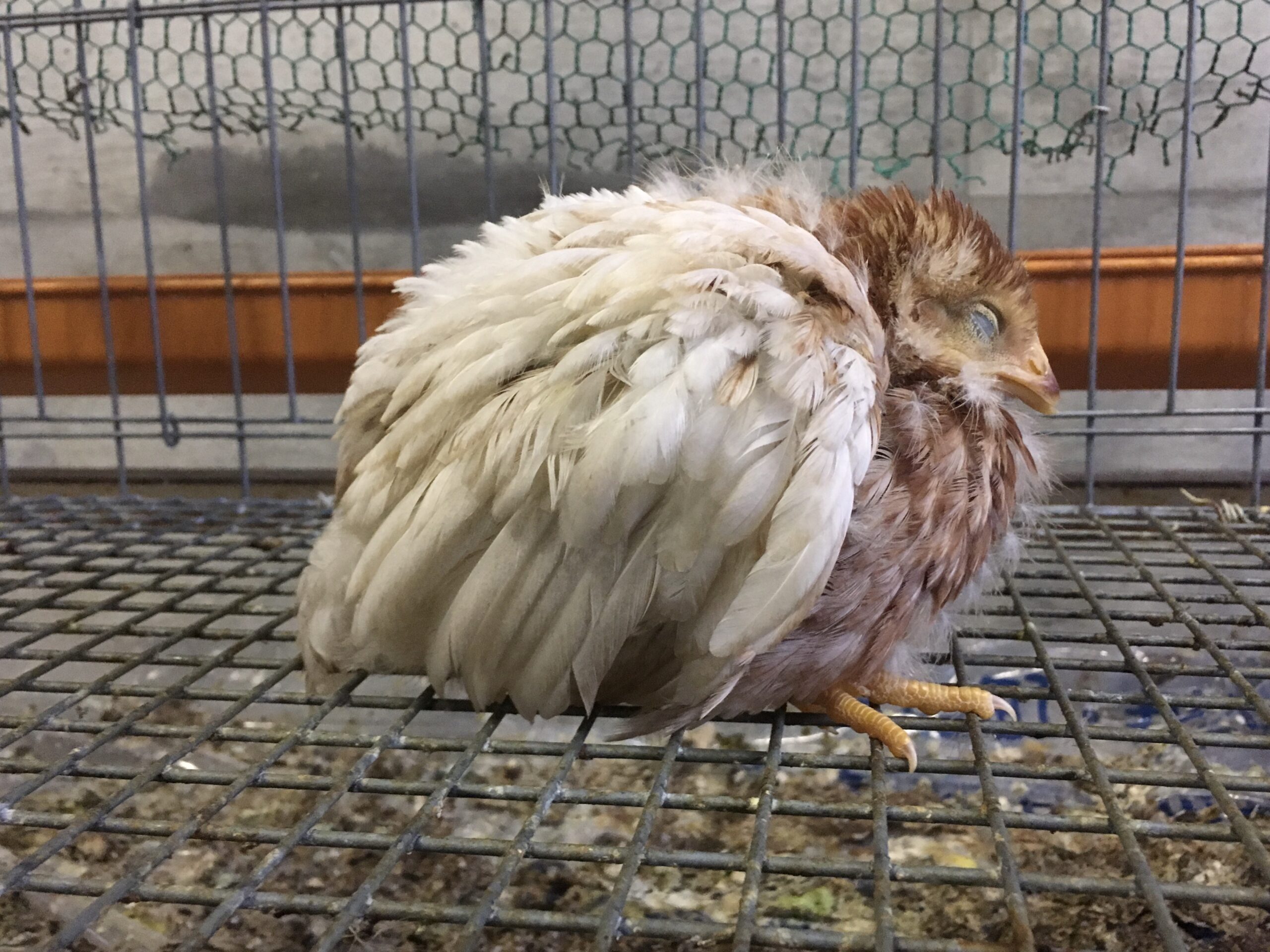
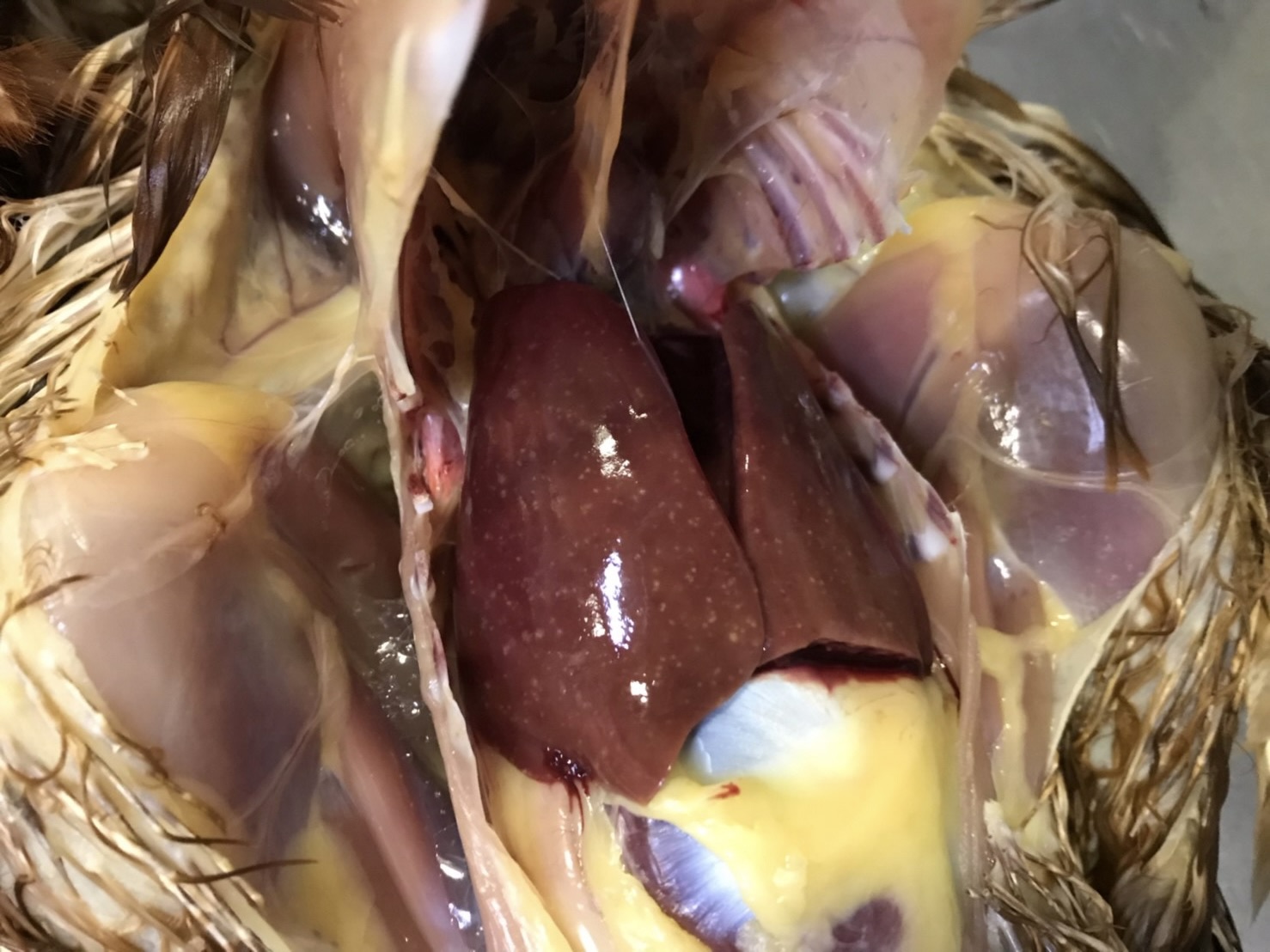
List of current research topics
- Elucidation of pathogenic mechanisms of fowl typhoid/pullorum disease
- Epidemiological investigation of bovine salmonellosis and establishment of control strategies
- Elucidation of pathogenic mechanisms of equine paratyphoid
| Academic degree | Ph.D.in Veterinary Sciences |
| License | Veterinarian |
| Self introduction |
I was born in Osaka , but have spent more than half of my life in Aomori and Hokkaido. |
| Room address | General Research Building 1 |
| Room number | S2102-1 |
| Mail address | okamuram  obihiro.ac.jp
obihiro.ac.jp |
Belongs
Research Department/Department of Veterinary Medicine/Division of Veterinary Sciences/Section of Applied Veterinary SciencesOffice for International Accreditation of Veterinary Education/StaffDiagnostic Center for Animal Health and Food Safety/Bacteriology Laboratory| Related industries | Poultry/livestock industry, Animal Health, Pharmaceutical products (vaccines etc.) for animals, Food Safety |
| Affiliated academic society | The Japanese Society of Veterinary Science, The Japanese Society on Poultry Diseases, Japanese Society for Bacteriology, Japan Society of Veterinary Epidemiology, Japanese Society of Zoo and Wildlife Medicine, Japanese Society of Food Microbiology |
| Academic background | 1992-1998: BVSc in Kitasato University School of Veterinary Medicine and Animal Sciences 1998-2002: Ph.D. in Osaka Prefecture University Graduate School of Agriculture and Biological Sciences Mar 2001-Mar 2002: Visiting Scientist in USDA-ARS (Beltville, MD, USA) Apr 2002-Nov 2002: Postdoc Scientist in USDA-ARS (Beltville, MD, USA) Dec 2002-Dec 2004: Postdoc in National Research Center for Protozoan Diseases, Obihiro University of Agriculture and Veterinar Medicine Jan 2005-Dec 2020: Research Associate - Associate Professor in Kitasato University School of Veterinary Medicine Jan 2021-Present: Professor in Obihiro University of Agriculture and Veterinar Medicine |




